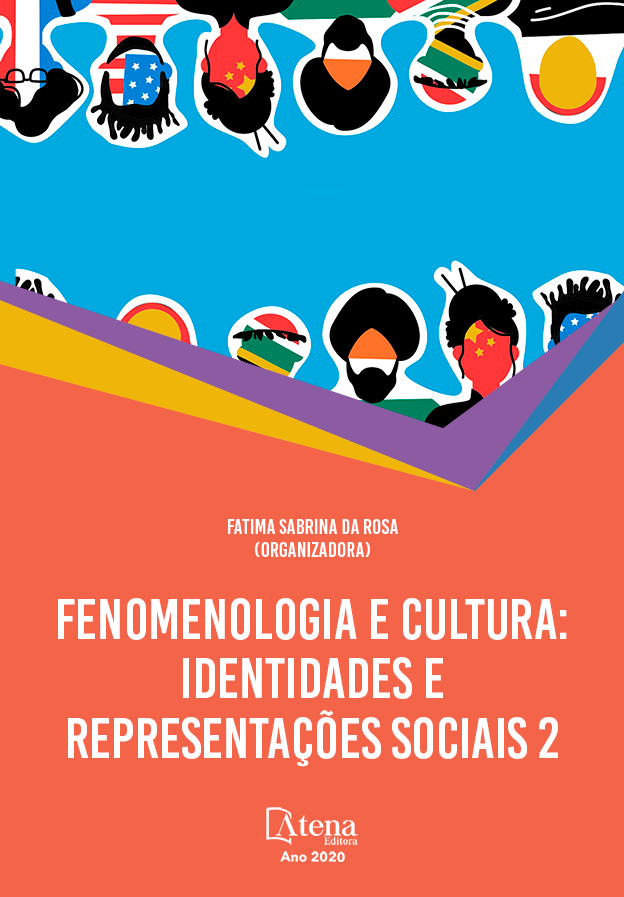
A COMPLEXIDADE DOS DIREITOS HUMANOS EM EDUCAÇÃO NO PROCESSO MIGRATÓRIO DA AMÉRICA LATINA
Este artigo traz reflexões para o campo da educação, a respeito da complexidade dos processos multiculturais que influenciam mutuamente a edificação da subjetividade dos povos da América Latina e os reflexos da implementação dos direitos humanos. De que forma esses debates têm pautado os Planos de Trabalho Docente? Desde que Colombo descobriu a América, os portugueses, espanhóis, africanos, italianos, alemães, japoneses, chineses, dentre outros estrangeiros asiáticos e orientais vieram para a América do Sul, estabeleceram-se com seus familiares, que foram vindos pouco a pouco, e foram (co) construindo suas idiossincrasias, misturando cores e sabores, trocando elementos simbólicos que constituem o sincretismo, foram interagindo com os nativos indígenas e consolidando o jeito de ser ameríndio. Recentemente, os brasileiros têm interagido, dentre outros, com haitianos, sírio-libaneses, bolivianos e venezuelanos. Diante desse processo plurietnicorracial, temas que promovam a equidade e façam valer a igualdade de direitos, a transdisciplinaridade na formação humana integral, assuntos que minimizem a intolerância e as diversas manifestações de violência que segregam seres humanos precisam ser debatidos. A partir de uma revisão bibliográfica, verificaram-se artigos publicados em quatro bancos de dados a respeito da multiculturalidade na América Latina em interface com a teoria da complexidade e direitos humanos: Scielo, RELACult, Capes e o ERIC. Destaca-se que, apesar de muitos artigos debaterem sobre questões culturais, poucos abordam a exclusão, discriminação e violação de direitos humanos sofrida, em especial, pelos imigrantes estrangeiros que tentam sobreviver com dignidade em outro país, bem como sobre os debates desses reflexos na educação.
A COMPLEXIDADE DOS DIREITOS HUMANOS EM EDUCAÇÃO NO PROCESSO MIGRATÓRIO DA AMÉRICA LATINA
-
DOI: 10.22533/at.ed.8702026105
-
Palavras-chave: Complexidade; Educação; América latina, Direitos Humanos.
-
Keywords: Complexity; Education; Latin America; Human rights
-
Abstract:
This article discusses themes in the field of education, regarding to the complexity of multicultural processes that mutually influence the building of the subjectivity of the peoples of Latin America and the reflexes of the implementation of Human Rights. How have these debates been guided the Teaching Work Plans? Since Columbus has discovered America, the Portuguese, Spanish, Africans, Italians, Germans, Japanese, Chinese, among other Asian and Eastern foreigners have been coming to the South America. They have settled with their families, Who have been migrating little by little, and they have resignifyied their idiosyncrasies, mixing colors and flavors, exchanging symbolic elements that constitute syncretism. Indeed, they have interacted with indigenous natives and consolidating the way of being “Amerindian”. Recently, Brazilians have interacted, among others, with Haitians, Syrian-Lebanese, Bolivians and Venezuelans. In the face of this multicultural process,it is important to debate issues that promote equity and enforce equal rights, transdisciplinarity in integral human training, issues that minimize intolerance and the various manifestations of violence that segregate human beings. This reasear
ch was based on a bibliographic review and it considered articles published in four databases which presented themes about multiculturalism in Latin America in interface with the theory of complexity and human rights: Scielo, Capes, RELACult and ERIC. It is noteworthy that, although many articles discuss cultural issues, few address to the exclusion, discrimination and violation of human rights suffered, in particular, by foreign immigrants who have been trying to survive with dignity in another country, as well as on the debates of these reflections on education.
-
Número de páginas: 12
- Adão Aparecido Xavier
- Alessandra de Paula Pereira
- Tatiane Delurdes de Lima-Berton
- Jenifer Cristina Bueno
- Araci Asinelli-Luz
- Rosa Elena Bueno


